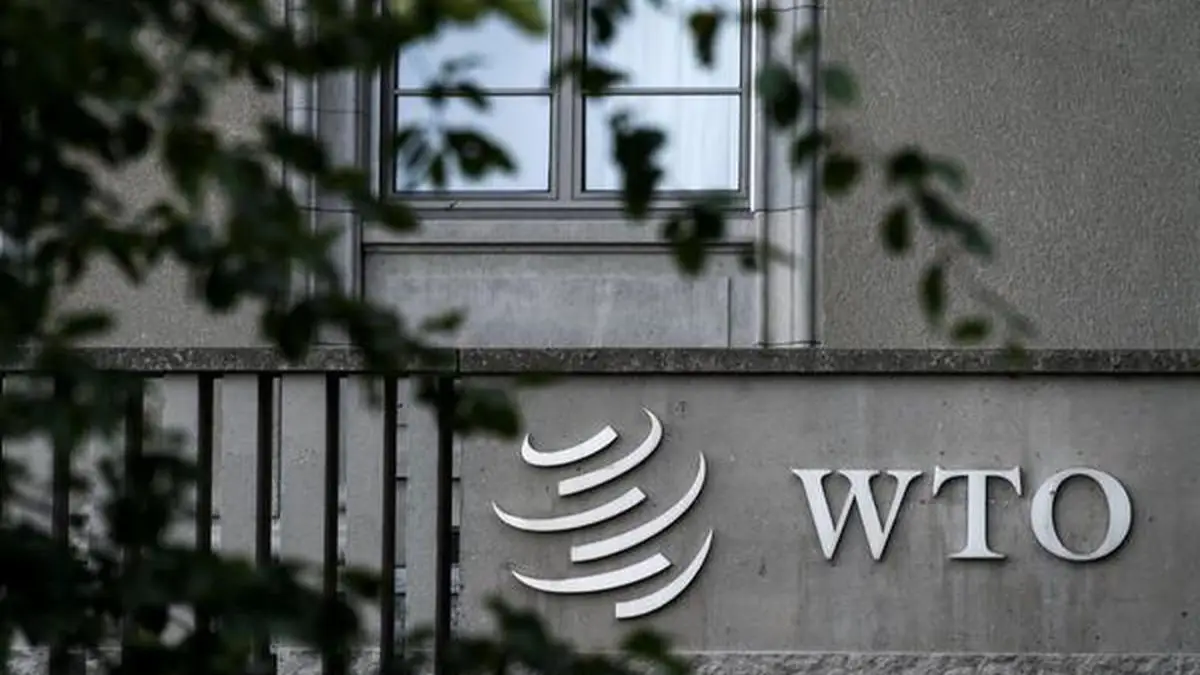By Tuhin Patel
Copyright republicworld

According to a Reuters report, China lodged a complaint with the World Trade Organization (WTO) on Wednesday, challenging India’s subsidies for electric vehicles (EVs) and batteries.The Chinese commerce ministry’s statement asserted that these Indian measures grant domestic industries an unfair competitive advantage and are detrimental to China’s interests. The ministry added that China intends to implement “firm measures” to effectively protect the legitimate rights and interests of its own domestic industries.The disagreement centers on India’s aggressive policy push to transform its automotive market—the world’s third-largest—into a self-reliant hub for clean transportation. China argues that India’s policies are protectionist, aiming for import substitution, which is largely prohibited under global trade agreements.India’s overarching strategy aims for rapid EV adoption: targeting 80% EV adoption in two- and three-wheelers, 40% in buses, and 30% in private cars by 2030.China’s WTO complaint scrutinizes a suite of financial incentives and mandates designed to foster domestic manufacturing.PM E-DRIVE Scheme (Successor to FAME): The PM Electric Drive Revolution in Innovative Vehicle Enhancement (PM E-DRIVE) Scheme, launched with an outlay of approximately Rs 10,900 crore (about $1.3 billion), provides direct purchase subsidies to consumers to lower the high initial cost of EVs. It also allocates grants specifically for developing the EV charging infrastructure nationwide.Tax Concessions: To enhance affordability, the Goods and Services Tax (GST) on EVs and charging equipment was significantly reduced to 5%.The most contentious element is likely the requirement embedded within India’s powerful Production Linked Incentive (PLI) schemes.PLI Auto: Offers financial incentives of 13% to 18% on the determined sales of advanced automotive technology (AAT) vehicles and components. To avail of these incentives, companies must meet specific targets for Domestic Value Addition (DVA), effectively reducing India’s reliance on imported components, including batteries, of which it currently imports over 90%.PLI for Advanced Chemistry Cells (ACC): This separate program incentivizes the local manufacturing of advanced batteries, aiming to establish a competitive domestic ecosystem.This recently introduced policy encourages major global EV players to establish production within India, mandating a minimum investment and setting a target of achieving 50% domestic value addition within five years. While the policy offers limited imports at lower customs duties, the domestic sourcing requirements are expected to be a primary target of the Chinese complaint.(This is a developing story)